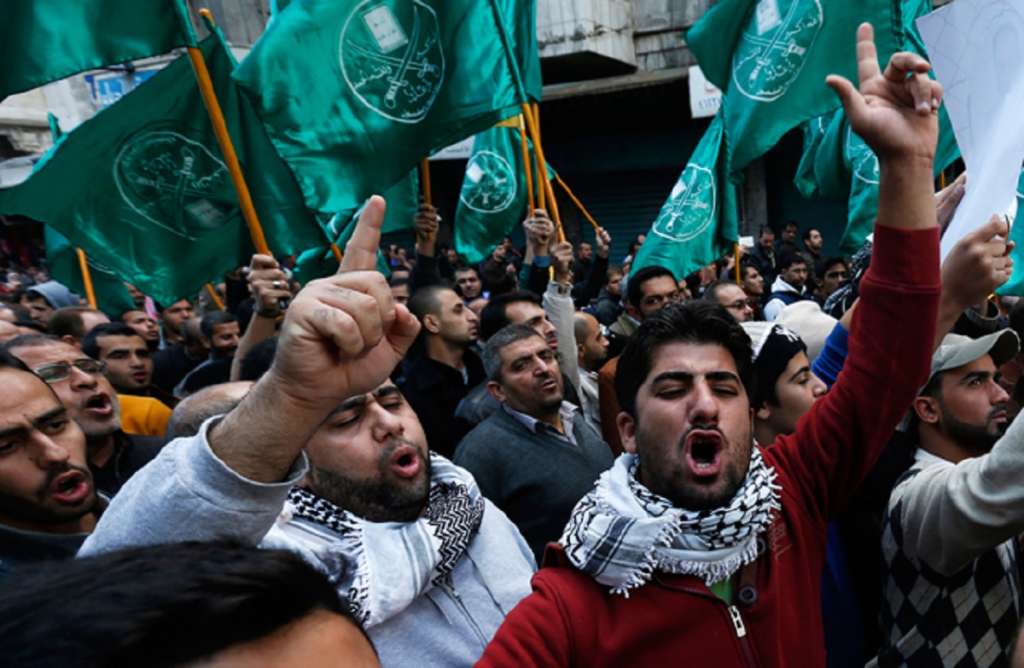Cairo – The Cairo Criminal Court decided Wednesday to form a committee headed by the Ministry of Justice, Ministries of Interior, Finance, Social Solidarity and Local Development, Central Bank and the National Security Apparatus to hand over and manage all assets and properties of 1,553 accused in the well-known case of financing terrorist entities.
Among the huge number of convicts, the most notable are former Egyptian football player Mohammed Aboutrika, Deputy Leader of the Brotherhood Khairat al-Shater, Leader of the Muslim Brotherhood Mahmoud Ezzat and Brotherhood Businessman Safwan Thabet.
Aboutrika, who remained for many years one of the most prominent African football stars before his retirement in 2013, announced his support for former pro-Muslim Brotherhood President Mohamed Morsi during the latter’s campaign in 2012 before he was ousted from power in July 2013.
The Egyptian authorities have already listed 1,553 individuals on their terror lists. The official gazette has published the decision after accusing them of financing the Muslim Brotherhood terrorist group, aiming at carrying out acts of terrorism and damaging the economy of the country.
In its ruling, the court said that its decision to manage the funds of those listed on the terror lists for their crimes of financing the purchase of weapons, training the members of the Muslim Brotherhood militarily and preparing them physically to carry out terrorist operations against members of the armed forces and police, spreading false news and rumors about the Egyptian economy, monopolizing the companies and institutions holding the goods in order to harm the national economy, collecting foreign currency from the markets and smuggling the remaining Brotherhood’s hard currencies abroad through the exchange companies affiliated with the group.
The ruling added, according to the official gazette, that investigations and supporting documents proved that the Muslim Brotherhood is considered one of the terrorist entities that was established for the aim of calling for the disruption of the constitution and laws and the prevention of state institutions and public authorities from carrying out their work and the attacks on personal freedom and citizens to change the regime by force.
The court said that it found out that the Brotherhood had been funded by a number of economic entities, businessmen and some of its supporters, to carry out acts of violence against state institutions as leaders of the Guidance Office formed a financial committee headed by the deputy leader of the group Khairat al-Shater (imprisoned), and included a number of leaders, most notably Leader Mahmoud Ezzat (fugitive), Mohammed Abdulrahman al-Morsi and Mahmoud Hussein, one of the Brotherhood leaders who put a plan based on forming many economic and financial entities inside and outside the country to finance all activities of the terrorist group.
